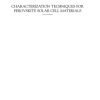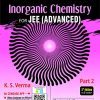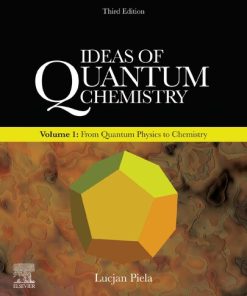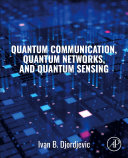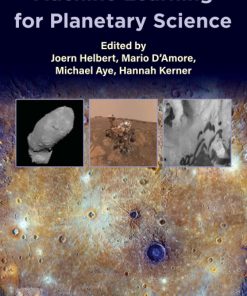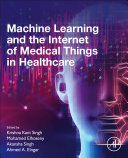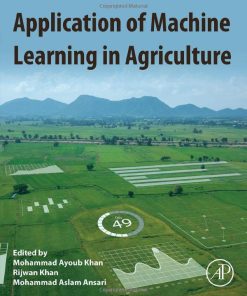Quantum Chemistry in the Age of Machine Learning 1st edition – eBook PDF
$50.00 Original price was: $50.00.$35.00Current price is: $35.00.
Quantum Chemistry in the Age of Machine Learning – Ebook PDF
Quantum Chemistry in the Age of Machine Learning 1st edition – Ebook PDF Instant Delivery – ISBN(s): 9780323900492,0323900496, 9780323886048, 0323886043
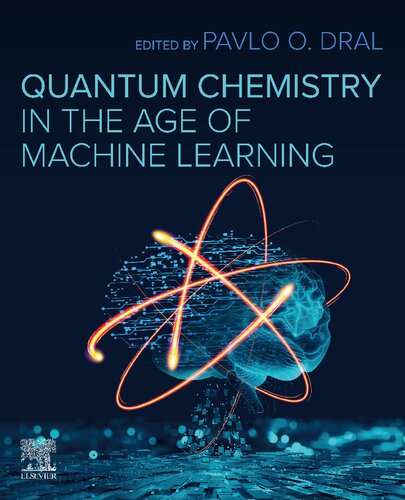
Product details:
- ISBN-10 : 0323886043
- ISBN-13 : 9780323886048
- Author: Dral
Quantum chemistry is simulating atomistic systems according to the laws of quantum mechanics, and such simulations are essential for our understanding of the world and for technological progress. Machine learning revolutionizes quantum chemistry by increasing simulation speed and accuracy and obtaining new insights. However, for nonspecialists, learning about this vast field is a formidable challenge. Quantum Chemistry in the Age of Machine Learning covers this exciting field in detail, ranging from basic concepts to comprehensive methodological details to providing detailed codes and hands-on tutorials. Such an approach helps readers get a quick overview of existing techniques and provides an opportunity to learn the intricacies and inner workings of state-of-the-art methods. The book describes the underlying concepts of machine learning and quantum chemistry, machine learning potentials and learning of other quantum chemical properties, machine learning-improved quantum chemical methods, analysis of Big Data from simulations, and materials design with machine learning.
Drawing on the expertise of a team of specialist contributors, this book serves as a valuable guide for both aspiring beginners and specialists in this exciting field.
Table of contents:
-
Very brief introduction to quantum chemistry
-
Density functional theory
-
Semiempirical quantum mechanical methods
-
From small molecules to solid-state materials: A brief discourse on an example of carbon compounds
-
Basics of dynamics
-
Machine learning: An overview
-
Unsupervised learning
-
Neural networks
-
Kernel methods
-
Bayesian inference
-
Potentials based on linear models
-
Neural network potentials
-
Kernel method potentials
-
Constructing machine learning potentials with active learning
-
Excited-state dynamics with machine learning
-
Machine learning for vibrational spectroscopy
-
Molecular structure optimizations with Gaussian process regression
-
Learning electron densities
-
Learning dipole moments and polarizabilities
-
Learning excited-state properties
-
Learning from multiple quantum chemical methods: Δ-learning, transfer learning, co-kriging, and beyond
-
Data-Driven Acceleration of Coupled-Cluster and Perturbation Theory Methods
-
Redesigning density functional theory with machine learning
-
Improving semiempirical quantum mechanical methods with machine learning
-
Machine learning wavefunction
-
Analysis of nonadiabatic molecular dynamics trajectories
-
Design of Organic Materials with Tailored Optical Properties: Predicting Quantum-Chemical Polarizabilities and Derived Quantities
People also search:
You may also like…
Engineering
Technique - Industrial Equipment and Technology
Computers - Organization and Data Processing
Medicine - Others
Machine Learning and the Internet of Medical Things in Healthcare 1st Edition- eBook PDF
Computers - Artificial Intelligence (AI)
Application of Machine Learning in Agriculture 1st edition – eBook PDF

